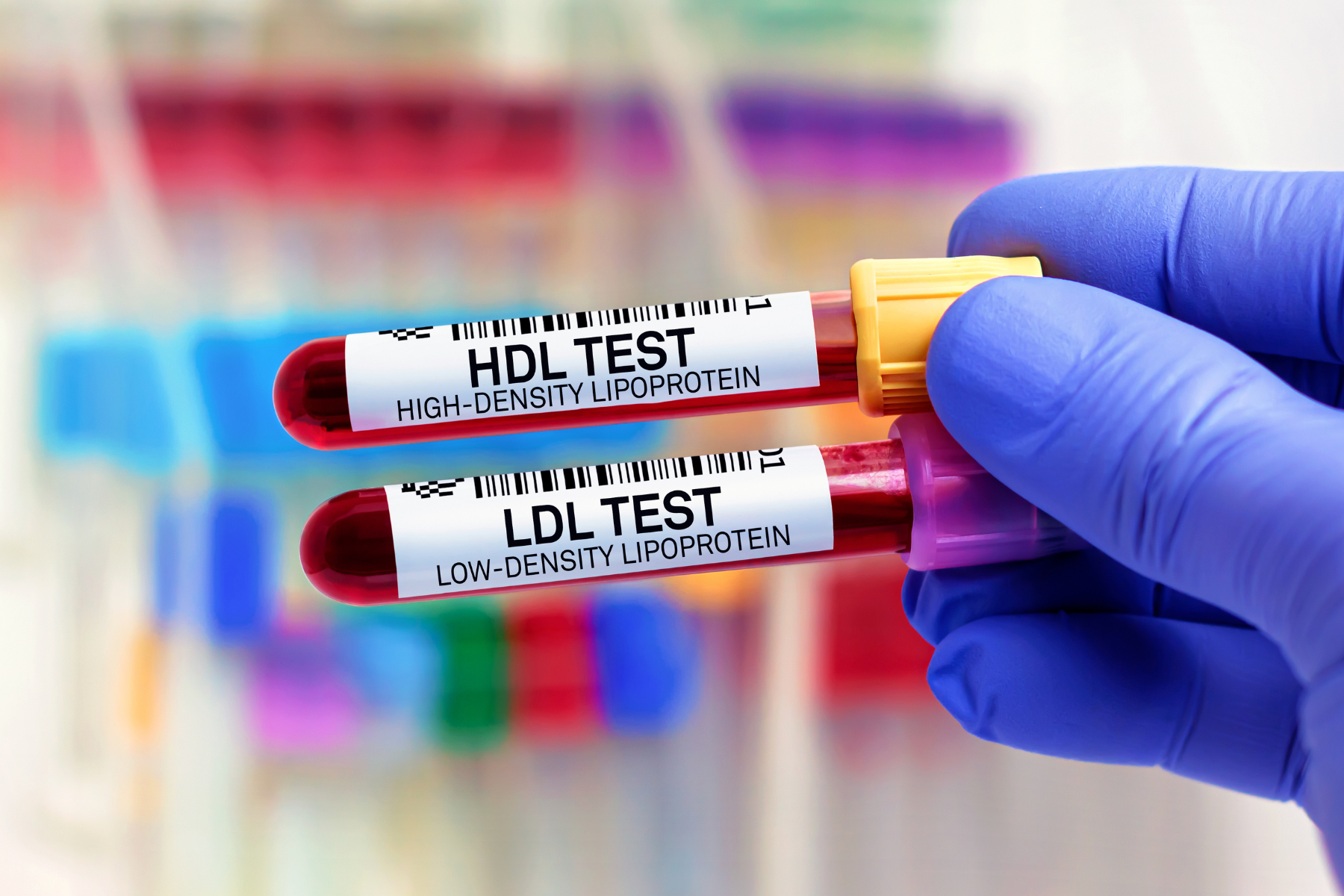Cholesterol Is Not a Disease: Why We Should Be Looking at Sugar Instead
For years, cholesterol has been painted as the villain. We have been told that LDL is “bad,” that we need to lower it with medication, and that eating foods with cholesterol is dangerous. Food companies use “cholesterol free” as a selling point, and many people now believe cholesterol itself is a disease. But cholesterol is not a disease. It is something your body makes because your body cannot live without it.
Cholesterol has many jobs. It helps build the walls of every cell in your body. It protects your brain by forming the myelin sheath, which keeps your nerves working properly. It is also the raw material for important hormones like estrogen, testosterone, and cortisol. In fact, the very first step in making hormones begins with cholesterol inside the mitochondria, the “powerhouse” of your cells. Without cholesterol, your body could not regulate stress, reproduce, or even keep energy levels steady.
Cholesterol is also part of your immune defense. Lipoproteins such as HDL and LDL do more than carry fat and cholesterol through the blood. They actually help the body fight off infections. HDL can neutralize bacterial toxins, and LDL helps the liver remove them from circulation. This is the body’s natural design, not a mistake.
So why have we been told to fear it? As Dr. Ben Bikman often says, “Cholesterol is a molecule of life.” The problem is not cholesterol itself, but what happens when the body is under constant stress from high blood sugar, inflammation, and poor metabolic health. The old “LDL is bad” story is far too simple.
What the Swedish Longevity Study Really Shows
A long-term Swedish study followed more than 44,000 people for up to 35 years. The researchers wanted to understand what set apart those who lived the longest, even reaching 100 years of age. The results were eye-opening. These centenarians did not have the lowest cholesterol. In fact, many of them had higher cholesterol levels than their peers. What truly stood out was their blood sugar. Those who lived the longest had excellent glucose control.
This is a critical point. For decades we have been told to fear cholesterol, yet the people who lived the longest did not achieve their health by driving cholesterol down. They lived longer because they avoided the damage caused by high blood sugar. Chronically elevated glucose leads to insulin resistance, inflammation, and damage to blood vessels. It is this metabolic dysfunction, not cholesterol itself, that creates the conditions for disease.
Think about the pattern revealed here. Cholesterol, a molecule our body makes every single day to build cells and hormones, did not shorten their lives. But sugar, when not properly controlled, clearly had the power to do so. This turns the old narrative upside down. If we focus only on lowering cholesterol, we are missing the real danger. The evidence points to poor glucose control as the stronger predictor of disease and early death.
This finding should encourage us to shift our focus. Instead of blaming cholesterol, we should be asking harder questions about our diets, our sugar intake, and the way modern processed foods overwhelm the body’s natural ability to manage blood sugar. Good metabolic health, keeping glucose stable and insulin low, may be the true key to living a longer and healthier life.
Rethinking the Narrative
It does not make sense to think the human body would deliberately create a molecule designed to harm us. Yet that is the belief we have accepted for decades. This idea has shaped dietary guidelines, driven medical practice, and fueled a multi-billion-dollar industry in cholesterol-lowering drugs. But ask yourself this: if cholesterol were truly the enemy, why would the body make it every single day and regulate it so carefully? The answer is simple. Cholesterol is essential. The real threat comes from excess sugar, processed food, and the insulin resistance they cause.
Your body is not broken. When you give it the right fuel, it knows what to do. Cholesterol is part of that system, a tool your body uses to survive and thrive. It is time to stop blaming it for diseases it does not cause and start focusing on the real problem: too much sugar.
This content is never meant to serve as medical advice.
In crafting this blog post, I aimed to encapsulate the essence of research findings while presenting the information in a reader-friendly format that promotes critical thinking and informed decision-making.

